Sobey Fund for Oceans Scholar Spotlight
PhD Candidate
Department of Biology
��ɫֱ��
I’m a biologist and oceanographer working on a PhD under the supervision of Dr. Erin Bertrand. I study what microbes do in the ocean mostly using proteomics and computational modelling. I’m interested in the processes that govern the base of the ocean food web, but also how ocean microbes can influence the environment they live in and large-scale ocean processes.
The Sobey Fund for Oceans was crucial to the start of my scientific career. It was an extremely generous scholarship, and enabled me to work with Dr. Heike Lotze for my masters degree. Heike and I still collaborate on projects related to coastal ecology and fisheries!
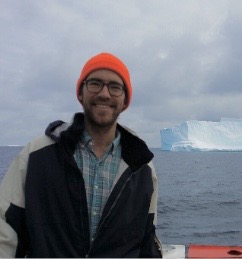
PhD Candidate
Department of Geography
Memorial University of Newfoundland
My research explores the potential of marine spatial planning and management in bridging ocean conservation and sustainable resource use.
With the support of the Sobey Fund for Oceans Scholarship, I was able to engage fully with the Marine Affairs Program and explore new interests as the program unfolded. This led me to the conservation social sciences, the field of research where I have situated my career and am currently working to provide science-based, socially informed solutions for marine management.��
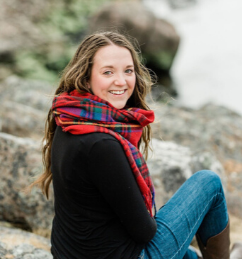 ��
��
Website:
Twitter:
PhD Candidate
University of Groningen
I have been a Scientific Diver for over six years working on a variety of conservation science projects, and have worked with non-governmental organizations on marine protected areas and fisheries management policy.
Support from the Fund enabled me to attend the Masters of Marine Management program, the knowledge and experience I gained during my time in the program has played an integral part in my academic development and career, and has opened up many exciting opportunities for me.��
My time in the MMM program confirmed my desire to pursue marine conservation as a career. For example, I completed my masters graduate research project on the salmon fisheries on British Columbia’s North coast, exploring solutions for reducing salmon bycatch mortality through combining both biological and social data. This experience and project fundamentally changed the way I understand and approach fisheries and other marine management issues.��
PhD Candidate
Interdisciplinary PhD Program
��ɫֱ��
I am a doctoral student in the Interdisciplinary PhD program at����ɫֱ�� in Halifax. My thesis is evaluating��how public and private governing bodies��in multinational tuna fisheries compliment or undermine one another through their unique conservation and management strategies. Specifically, my work analyses��the relationship between��Regional Fisheries Management Organizations (RFMOs), third-party certification bodies, industry-led conservation groups, and states.
Although I study the largest fisheries in the world, I have a particular interest in the role of tuna fisheries in food and livelihood security. Through my work I seek to develop practical solutions for ensuring those who depend most on tuna for sustenance��and income��have��sufficient access to these resources—as well as a voice in conserving them—for generations to come.
While the scholarship was massively helpful from a financial standpoint for my first year of studies at Dal, I took more away from what it represents: that being granted this award meant others saw value in the work I proposed, even before I started. Having that kind of intellectual encouragement at the start of a graduate program was massively helpful in terms of giving me confidence to pursue the questions I was most interested in addressing through my research.
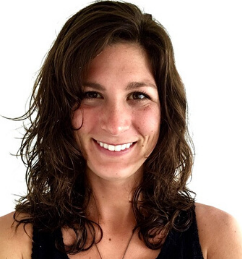 ��
��
Twitter:��
Website:

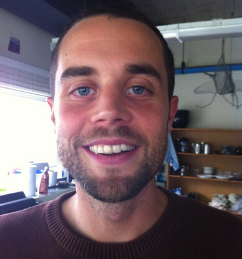 ��
��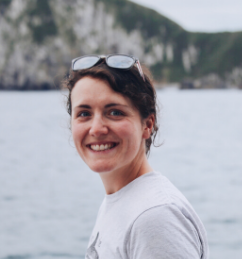 ��
��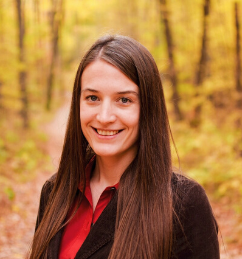 ��
��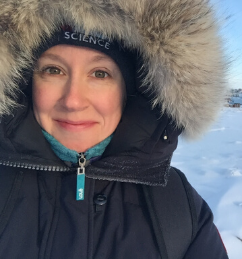 ��
��